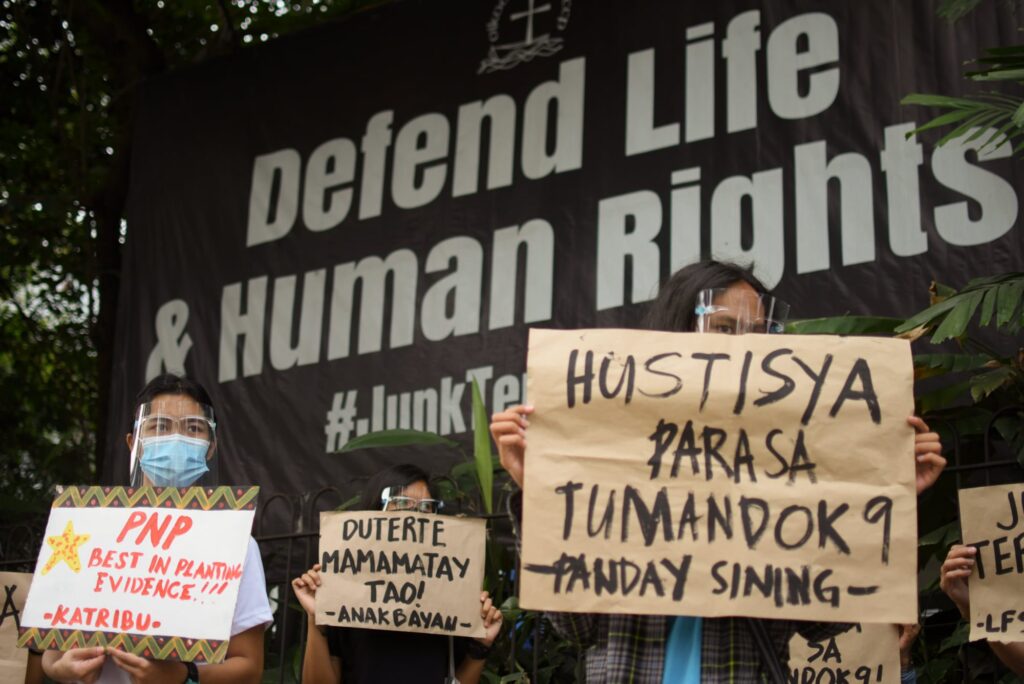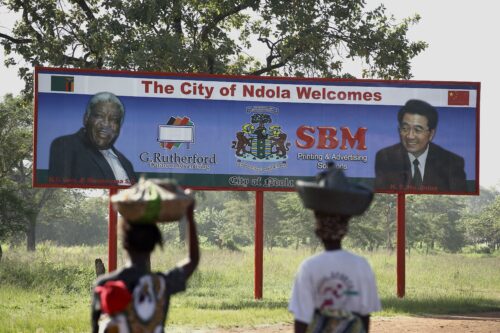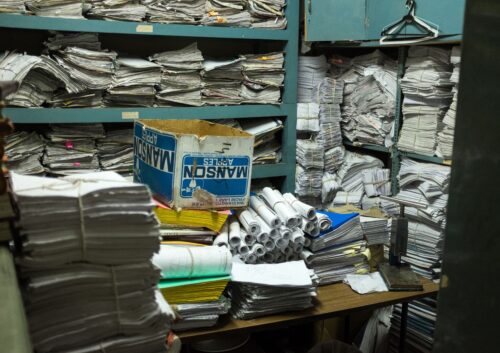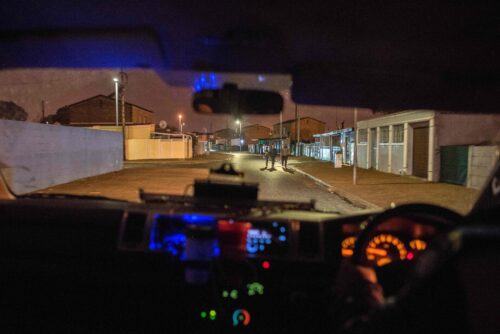Translation Notes

“Translation Notes” is part of the collection Poets Resist, Refuse, and Find a Way Through. Read the introduction to the collection here.
In November 2023, Ian Fry, the first U.N. Special Rapporteur on Climate Change and Human Rights, met with stakeholders in the Philippines to report on the status of the country regarding environmental and human rights protection. One of the places he visited was the province of Iloilo, where the Jalaur River megadam project is in the process of being built.
The Tumandok, an Indigenous peoples in Central Panay, have not only been displaced by the megadam construction, they have also been attacked. On December 30, 2020, nine Tumandok leaders were killed and 17 more arrested on the grounds of ties to a rebel group. However, rights groups have pointed out that the singling out of the victims was due to their resistance to the dam project.
I served as one of the translators from the Hiligaynon and Kinaray-a languages into English in a closed-door meeting with Fry, along with families of the Tumandok victims and representatives from various civil society organizations.
During the meeting, victims narrated their experiences of the massacre and the overall disruption of their lives due to the dam. I took notes as they spoke, then gave a rough English translation for the special rapporteur and his team. I still have these notes, which evoke people’s testimonies of trauma and resistance.
Fortunately, Fry delivered a report supportive of the victims. I turned back to my fragmented translation notes as a “source” for a project of documentary poetics—one where technical language is transformed and humanized into a poem to aid in demanding justice, in a similar vein as some anthropological poetry. In meditating on languages and bodies, “Translation Notes” centers voices of Indigenous grassroots resistance and urges us all to rethink development.


























